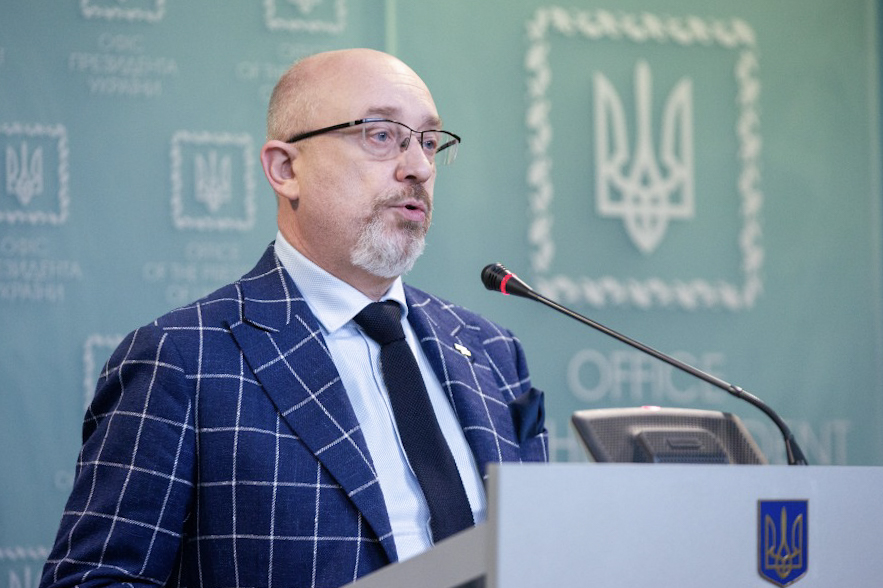Ukraine's Minister of Defense Oleksii Reznikov claimed in a Dec. 12 interview with the Financial Times that Germany had vetoed Ukraine's purchase of anti-drone and anti-sniper equipment via NATO's Support and Procurement Agency.
According to Reznikov, who was appointed to his position in November, the veto was made "in the last month" and was later amended to allow the sale of anti-drone rifles as they were deemed non-lethal.
Germany's previous government, led by Angela Merkel, who stepped down as chancellor on Dec. 8 after 16 years in the job, held a strict policy of providing Ukraine only with non-lethal military equipment.
Merkel also approved and promoted the Nord Stream 2 undersea pipeline project, which will help Russia to bypass Ukraine as a gas transit country, thus ridding Ukraine of around $2 billion of annual transit fees and a deterrent against further Russian agression.
New chancellor Olaf Scholz is yet to take a position on the matter of lethal weapons, but economic minister Robert Habeck, who is part of the anti-Nord Stream 2 Green party, has previously stated that Ukraine's request for defensive weaponry would be "hard to deny."
"Not provoking Russia — that strategy does not work and will not work,” said Reznikov citing Russia's invasion of Georgia in 2008. Reznikov said Ukraine will rely on direct purchases from other allies, including the U.S., UK, Lithuania, and France. Ukraine is attempting to secure anti-missile and anti-aircraft systems, electronic warfare kits, and cyber defense equipment, all of which will be crucial in the case of a Russian invasion.
Reznikov stated that after talks with the U.S. and other Western allies, he is optimistic about receiving defensive weaponry, including missiles.
The Foreign Ministers of the Group of Seven (G7) countries warned Russia on Dec. 12 of “massive consequences” in case of further military aggression against Ukraine. Details were not revealed but U.S. media outlets reported that they may include blocking Russian companies from global capital markets, targeted financial penalties, the shutdown of Nord Stream 2, and the disconnection of Russia from the SWIFT international banking transaction system.
Russia has been massing troops and military equipment along Ukraine's border. Ukrainian intelligence services estimate the number of soldiers at around 100,000. The US has warned its European allies that there is a high chance Russia may invade Ukraine, citing confidential reports from its intelligence agencies.













